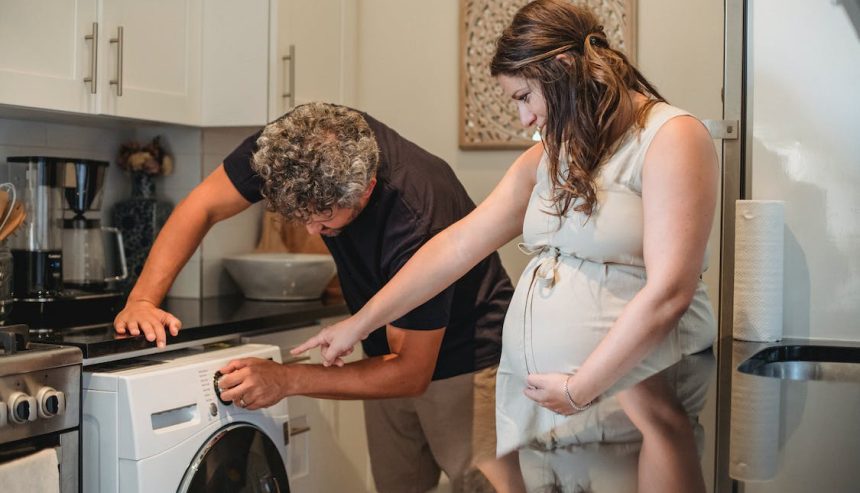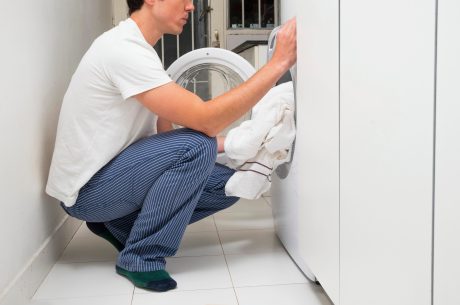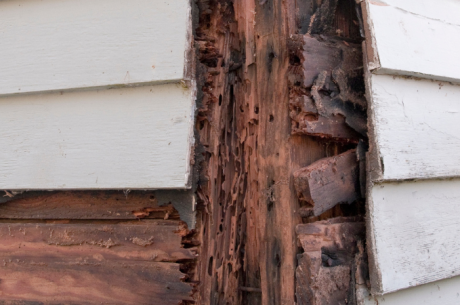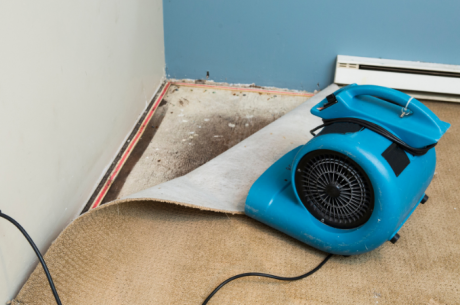A washing machine leak can be a homeowner’s worst nightmare. If not caught in time, damage to your home and belongings can cost you thousands of dollars in repairs and replacements. While there may be no way to eliminate all risks associated with this common household appliance completely, you can certainly take some simple steps to minimize any potential issues. From inspecting hoses regularly to taking advantage of preventive maintenance programs offered by some manufacturers, following these tips will help ensure that your washing machine won’t spell disaster for your house or wallet. So read on for more information about preventing leaks!
Identifying The Source Of A Washing Machine Leak
If you suspect water from your machine is leaking, first check the hoses connecting it to the plumbing system. Check for any signs of cracks or tears and ensure they are tightly secured at both ends. Detergent can sometimes cause leaks, too, so make sure all detergent containers have been rinsed clean before use.
Next, inspect the water supply line coming into the washer to ensure no blockage or kinks are in its path. Finally, look at the drainpipe connected to the unit; if this is blocked, it could lead to backflow and a leaky door seal. These potential causes of leakage must be identified and addressed promptly, as failure to do so can lead to costly repairs.
Common Causes
Valves control water flow into the washer tub during a cycle; they can cause leaks if they malfunction. Over time, these seals may become worn out or cracked due to regular use and must be replaced to prevent future damage. It is also important to check all hoses connected to the valve for any signs of wear or tear that could lead to further leaking issues.
The most common issue is when the drain hose becomes blocked or clogged due to lint buildup or debris. This will create pressure on the seal, leading to a breakdown, allowing water to escape through small gaps in the connection, causing a drip or, even worse! To avoid this problem, inspect your hoses and ensure they remain free from obstructions.
Finally, there may be an underlying issue with your plumbing systems, such as a broken pipe or blockage within its length, that needs attention too. Again, checking for any irregularities throughout your entire plumbing setup should help identify any other trouble spots before they cause bigger headaches later.
How To Inspect Your Washing Machine
Regular inspections of your washing machine’s not leaking. To begin your inspection, unplug the power cord from the outlet and remove all hoses attached to the machine. Next, inspect the washer’s outer edges for signs of water or dampness that may indicate a leak. Additionally, check inside the washer cabinet to ensure no standing puddles or wet spots on the floor.
Next, examine all hoses connected to your washing machine for any visible cracks or wear. If you notice any worn areas on the hose material, replace them immediately with new ones that meet manufacturer specifications. It’s also important to look at where each hose connects to your washer for evidence of rusting or corrosion due to leaking water. Lastly, take a few moments to clean out lint traps and filters, if present, to maintain optimal performance over time.

Ways To Reduce The Risk Of Leaks
With regular maintenance and care, you can help ensure your appliance is leak free and running smoothly. Here are some important tips on how to prevent leaks from occurring:
First, pay attention to the hoses connected to your washing machine. They can become worn out or develop cracks, leading to water escaping into your laundry room or other areas. So inspect them regularly and replace them if needed. Stainless steel braided hoses are more durable and less likely to rupture.
Second, monitor all connections associated with the drain pipe to avoid any blockages that could cause backflow. Ensure there are no bends or kinks in the pipes, and check for clogs caused by lint buildup at least once per month. If necessary, invest in a high-quality filter system so larger pieces cannot enter the drainpipe directly.
Finally, always remember that timely repairs are key to avoiding serious water damage from leaks. If you notice any issues with your appliance – such as strange noises coming from inside – contact a reputable repair specialist right away before small problems turn into bigger ones! In addition, having knowledgeable professionals inspect and work on your washer regularly will help safeguard against unexpected flooding down the line.
Conclusion
Preventing a washing machine leak is key to avoiding damage and saving your home. It’s important to inspect your washing machine regularly, identify any potential causes of leaks and take steps to reduce the risk of water escaping.
If you do encounter a leaking washing machine, you must act quickly. First, turn off the water supply so that no further damage can be caused by continuing leakage. Then assess the situation – if needed, call an expert repairman or plumber who can help with diagnosis and repairs.
At PuroClean Zephyrhills, our experienced team provides solutions to protect you and your home from costly damages. Contact us today.




 PuroClean Certified Restoration Specialists
PuroClean Certified Restoration Specialists